detail profile andrzej gawro c5 84ski
Peran Yang Di Mainkan Andrzej Gawroński
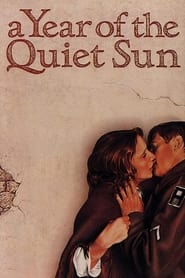 Shortly after World War II an...
Shortly after World War II an...A Year of the Quiet Sun 1984
Shortly after World War II an American soldier (Norman) and a Polish refugee (Emilia) fall in love. Eventually he will return to the U.S. and both expect that she will soon follow him with her mother. Emilia's mother is sick, but will recover with the right medicine. But the mother, and not Emilia, knows that there will only be one ticket...
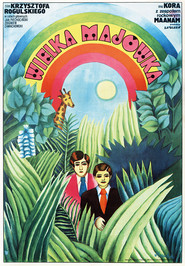 Rysiek is an escapee from a...
Rysiek is an escapee from a...The Big Picnic 1981
Rysiek is an escapee from a reform school. Julek escapes the anger of a fire brigade in a small town from which he embezzled. In search for food Rysiek breaks into a villa and discovers a bundle of cash in the freezer. They team together in Warsaw and decide to go on a rampage through the city.
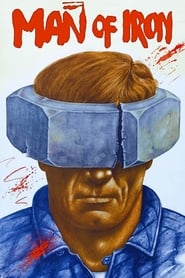 In Warsaw in 1980 the Communist Party...
In Warsaw in 1980 the Communist Party...Man of Iron 1981
In Warsaw in 1980, the Communist Party sends disgruntled radio reporter Winkel to Gdańsk to dig up dirt on the shipyard strikers - particularly on Maciek Tomczyk, an independent labour union leader whose father was killed in the December 1970 protests. Posing as sympathetic, Winkel interviews the people surrounding Tomczyk, including his detained wife, Agnieszka.
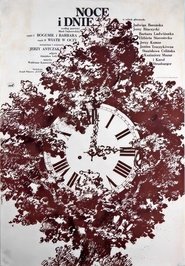 A family saga of Barbara OstrzeskaNiechcic...
A family saga of Barbara OstrzeskaNiechcic...Nights and Days 1975
A family saga of Barbara Ostrzeńska-Niechcic and Bogumił Niechcic against the backdrop of the January Uprising of 1863 and World War I. The film is a rather straightforward and faithful adaptation of a novel by Maria Dabrowska with the same title. The plot is woven around the changing fortunes of a noble (upper-class) Niechcic family in the pre-WWI Poland. There are two main crossing threads: a social history one and an existential one.
 Tells two tales set during WWII...
Tells two tales set during WWII...Eroica 1958
Tells two tales set during WWII: A seemingly feckless and selfish man finally takes up arms in the national struggle against the Nazis. Set in a POW camp, Polish inmates cling to their hopes for an eventual escape, encouraged by the legendary escape of one of their own.
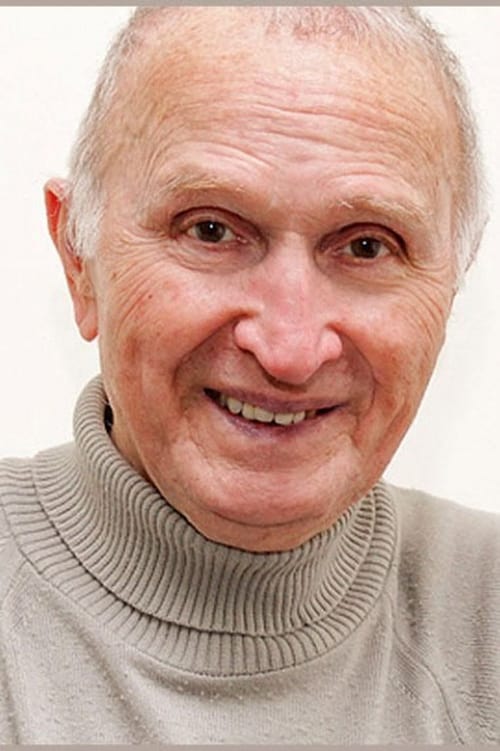
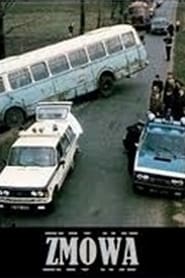
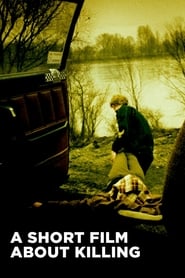 Jacek climbs into the taxi driven...
Jacek climbs into the taxi driven...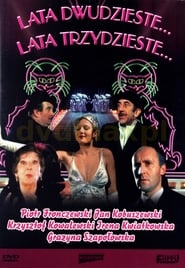 On the way to Warsaw after...
On the way to Warsaw after...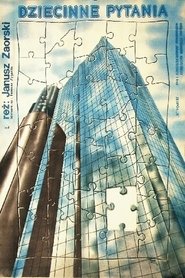 A young architect is locked up...
A young architect is locked up...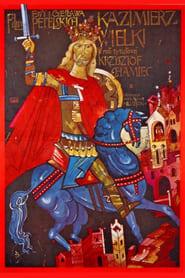 The life and reign of Polish...
The life and reign of Polish...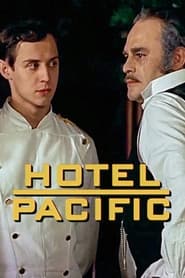 Set in the early 1930s a...
Set in the early 1930s a...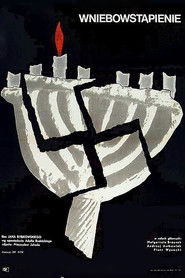 The strain of German persecution causes...
The strain of German persecution causes...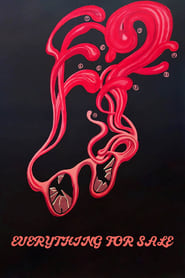 Wajdas homage to Zbigniew Cybulski the...
Wajdas homage to Zbigniew Cybulski the...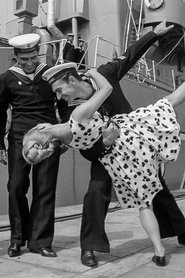 Marynarka is a story of a...
Marynarka is a story of a...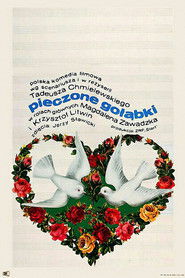 A young poet is hired to...
A young poet is hired to...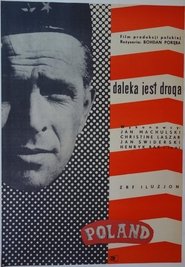 After WWII a soldier returns to...
After WWII a soldier returns to...